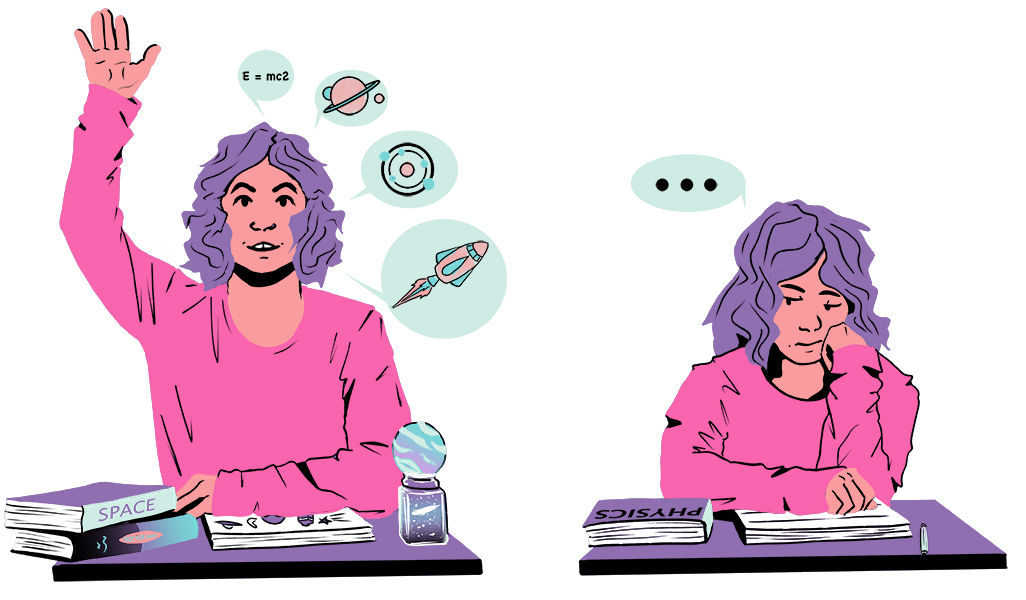Last June, Windsor House, a school in North Vancouver, was permanently shut down. The main reason for the Windsor House’s closure was a major budget deficit primarily caused by the school not having a permanent location and having to rely on rented buildings, according to a CBC article from the time of closure. What set Windsor House apart was that it was a so-called democratic school.
Democratic schools diverge from conventional educational methods by allowing students to direct their own studies however they see fit, and teachers offer help and guidance but make no demands. Instead of a series of classes with assignments to be completed, a democratic school allows students to learn whatever they are interested in without the pressures of mandatory minimums, deadlines, and standardized tests. Furthermore, students and teachers are treated as equals for the most part, and students have direct input on decisions that affect the school.
It sounds too good to be true. Given a completely free hand, one would think that students would slack off, flounder without direction, or develop serious gaps in their education that would hurt them down the line. This does not, however, seem to be the case. According to a recent CBC News article, Sophia-Joe Lunny, a former student of Windsor House, is currently studying at UBC. Far from hurting his prospects, Lunny has benefited by being accustomed to independent learning and being self-motivated, according to the article. UBC professor E. Wayne Ross is quoted as saying that students who completed Windsor House’s program were better critical thinkers and more able to advocate for themselves. Teachers did give grades for the purposes of enabling students to be evaluated for post-secondary enrolment, but while at school, grades were not emphasized, and were only revealed if they were specifically asked for.
However, I do not think that the environment at a democratic school is for everyone. I may be one of these people. I would not know what to do with myself if I were given total academic freedom. That being said, I suspect that in my case, and in those of many others, the problem is not nature, but nurture.
I was a curious child once, and I still am at heart. Often the urge to find the answer to some question, or the desire to express my visions tugs at me. Sadly, in the world of conventional education, these independent motivations toward knowledge and achievement are not allies, but enemies. Merely learning is not sufficient; we must learn what our teachers tell us to learn, and we must perform the necessary rituals to signal that we have done so. In time, learning comes to feel like a chore, even when it is self-directed. Democratic schools appear to nurture a love of learning by allowing students to satisfy their own natural curiosity, whereas traditional education smothers it by associating learning with loss of freedom, and tedious busy-work.
Illustration: Kayt Hine


